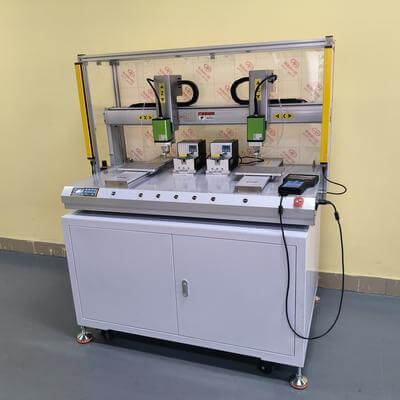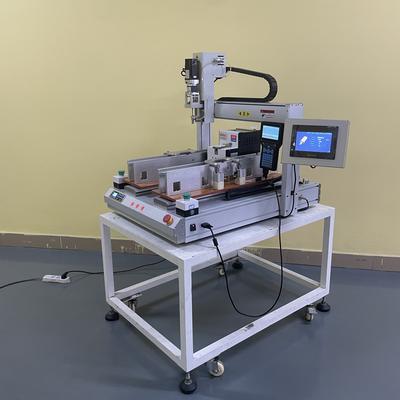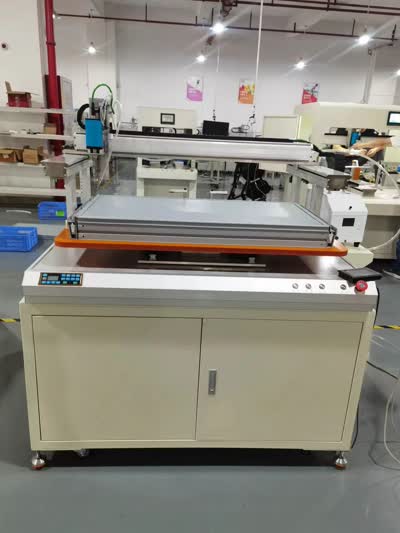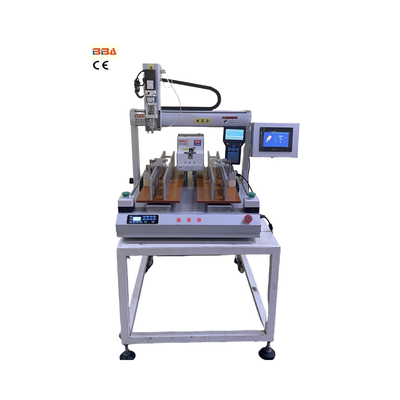Servo Screw Systems Pricing - Key Factors Explained | Industrial Automation
| Product Name | Applicable industries |
| Servo Screwdriver Robot | Laptop and Tablet Assembly |

Servo screw systems are critical components in modern industrial automation, offering high precision, efficiency, and reliability. However, their pricing can vary significantly based on several factors. Understanding these factors can help businesses make informed purchasing decisions and optimize their automation investments.
1. Technical Specifications and Performance
The technical capabilities of a servo screw system play a major role in determining its price. Key specifications include torque, speed, accuracy, and load capacity. High-performance systems with advanced features, such as backlash reduction or integrated encoders, typically come at a premium. Additionally, systems designed for specialized applications, such as high-temperature environments or cleanroom conditions, may require custom engineering, further increasing costs.
2. Material and Build Quality
The materials used in manufacturing servo screw systems directly impact their durability and pricing. High-quality components, such as precision-ground ball screws, hardened steel guides, and corrosion-resistant coatings, enhance performance but also raise costs. Cheaper alternatives may reduce upfront expenses but can lead to higher maintenance and replacement costs over time.
3. Brand and Supplier Reputation
Established brands with a proven track record in industrial automation often price their servo screw systems higher due to their reliability and customer support. While lesser-known suppliers may offer competitive pricing, businesses must weigh the risks of potential quality inconsistencies or lack of after-sales service.
4. Order Volume and Customization
Bulk purchasing often leads to cost savings, as suppliers may offer discounts for large orders. On the other hand, customization requirements—such as unique mounting configurations or specialized software integration—can increase costs due to additional engineering and production efforts.
5. Market Demand and Supply Chain Factors
Fluctuations in raw material costs, logistics challenges, and global economic conditions can influence servo screw system pricing. High demand for automation solutions in industries like robotics, packaging, and semiconductor manufacturing may also drive prices upward.
6. After-Sales Support and Warranty
Comprehensive warranties and access to technical support contribute to the overall value of a servo screw system. Suppliers offering extended warranties or on-site maintenance services may charge more, but these benefits can reduce downtime and long-term operational costs.
In summary, the price of servo screw systems is influenced by technical performance, material quality, supplier reputation, order specifics, market conditions, and support services. By carefully evaluating these factors, businesses can select the most cost-effective solution without compromising on performance or reliability.


